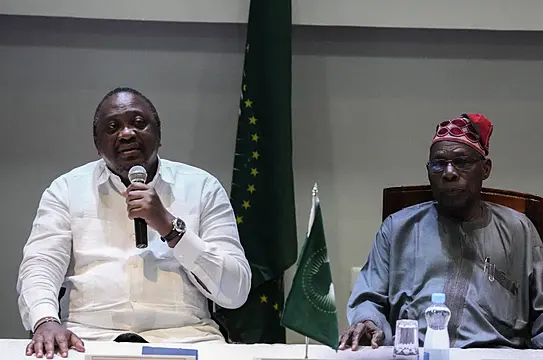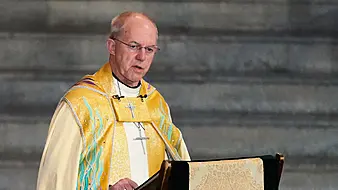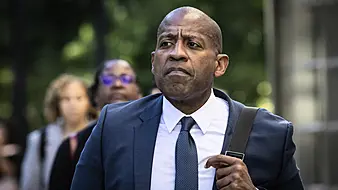A new round of talks has begun between Ethiopia’s government and Tigray regional representatives to work out military and other details of last week’s signing of a “permanent” cessation of hostilities in a conflict thought to have killed hundreds of thousands of people.
The meetings in Kenya starting on Monday involve the military commanders of both sides along with the lead political negotiators.
Issues expected to be discussed include how to monitor the deal and the resumption of humanitarian aid access and basic services to Ethiopia’s northern Tigray region.
An official familiar with the talks hosted by the Kenyan government said they are expected to continue until Wednesday.

Already, a communications channel has been established between the two sides to address any incidents “as both recognise the challenge of fully communicating with all their units to stop fighting”, the official said.
Those facilitating and attending the talks include African Union envoy and former Nigerian president Olesegun Obasanjo, former Kenyan president Uhuru Kenyatta, and Nigerian, South African and Kenyan military officers.
The United States and the regional Intergovernmental Authority on Development are observers.
Over the weekend, the Ethiopian government’s lead negotiator, Redwan Hussein, told diplomats that “we’ve sustained colossal damage” and that the finance minister has estimated the country will require nearly 20 billion US dollars (£17.6 billion) to rebuild.
“We’ll quickly fix both telecoms and electricity (to the Tigray region) soon, he said.
On humanitarian aid to a region where health workers and the United Nations and partners have reported even basic medical supplies running out, Mr Redwan said “the only hiccup we have is … it is still risky to allow flights until commanders meet to assess the situation”.

If the military commanders agree on a timeline, the government believes that, once it is in full control of the airspace and airports in Tigray, then “the entire Tigray region would be accessible for aid” by road and air, he said.
Neighbouring Eritrea, whose forces have fought alongside Ethiopian ones, is not a party to the peace talks, and last week’s agreement does not mention the country directly.
Mr Redwan noted in his briefing that Ethiopia’s borders and airspace had been violated during the conflict “so we’re busy fighting each other, we’re busy undermining each other. That paved the way for a third party to undermine us further.”
He did not mention Eritrea but added that “we may also have a third party which may not be interested in this peace process”.







